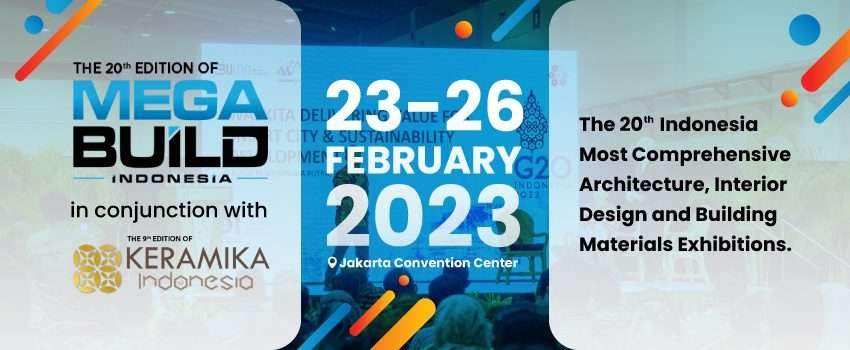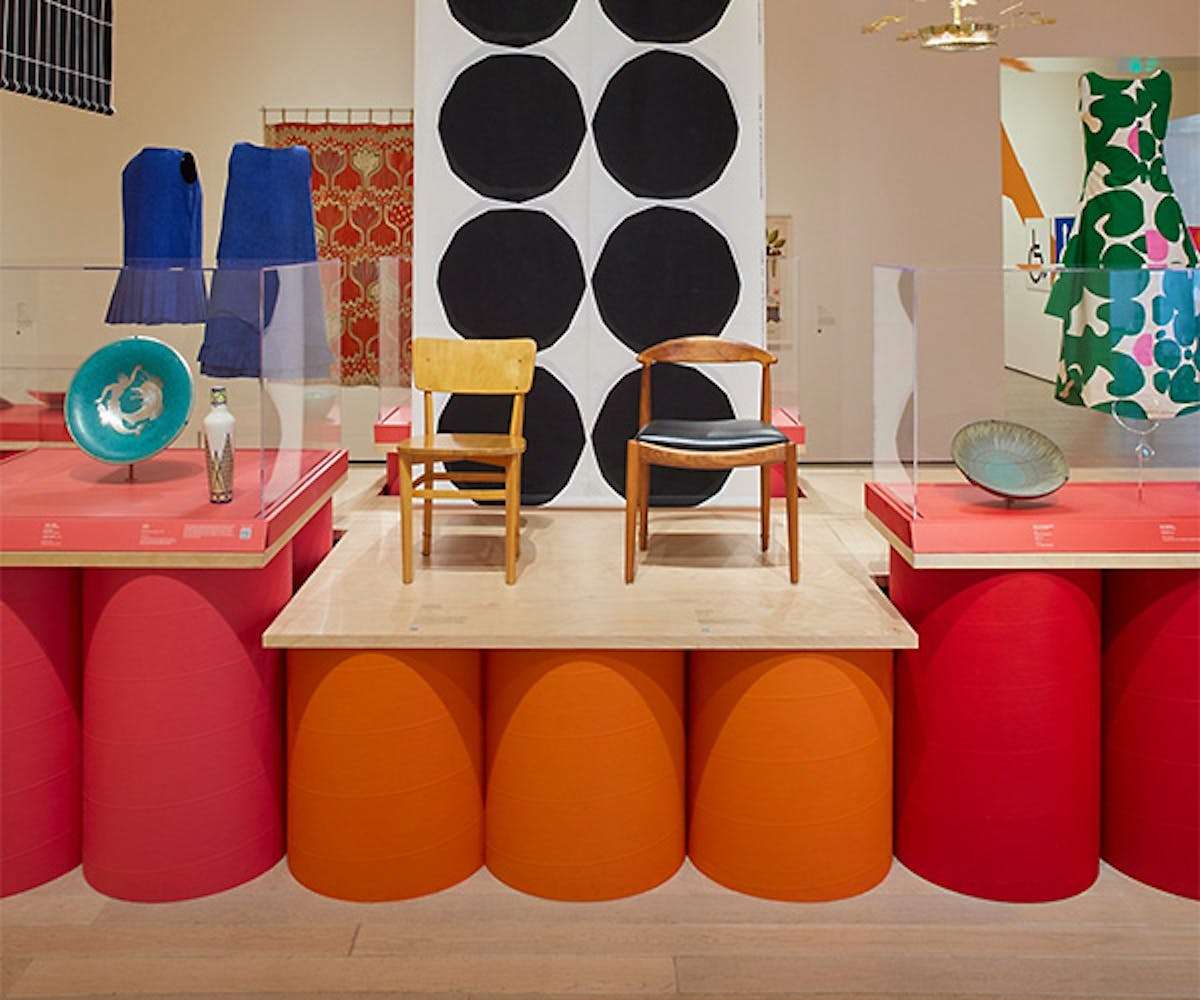Public Stages: International Lecture Series USFQ 2023
Public Stages: International Lecture Series USFQ 2023
Since the end of the nineteenth century, the planning of cities has been the discipline that establishes guidelines to project architecture for human occupation, with a focus on rationality and functionalism. Nevertheless, the city is a system of many layers and folds, constructed through the interaction of natural, cultural, socioeconomic, and political forces. This choreography, with a variety of purposes and different degrees of synchronization, creates architecture that serves both as shelter and context. Architecture, therefore, does not limit itself to the production of objects but rather appears as a field of study between and through disciplines, called upon to contribute to the organization of those forces that compose public stages, the space where collective itineraries meet and intertwine. These stages have existed historically.
For Henri Lefebvre, the production of space is not only defined by the material qualities of buildings. But also by aspects that surpass their physical context. It is informed by relationships of knowledge and everyday experience. This approach renders the built environment as a stage delimited not only architecturally. But also by social exchanges, charged with nuances of power. In this sense, a stage operates as an assemblage, an open system, a multiplicity. Stages are public, housing webs of cohabitation, and symbiosis. Public open space, flanked by architecture, is peculiarly sensitive to changing conditions, always in a state of becoming for its transient users continually construct it.
Public Stages, the third lecture series by the School of Architecture and Interior Design at Universidad San Francisco de Quito. Explores different understandings of the design of the relationships between architecture and the public condition: urban space, landscape, and buildings. It encompasseslenses such as design, politics, experience, and crowdsourcing, among others. The conferences are virtual during the spring of 2023. Encourage thinking about public stages as the architecture where cohabitation occurs and public desires arise.
Download the information related to this event here.







